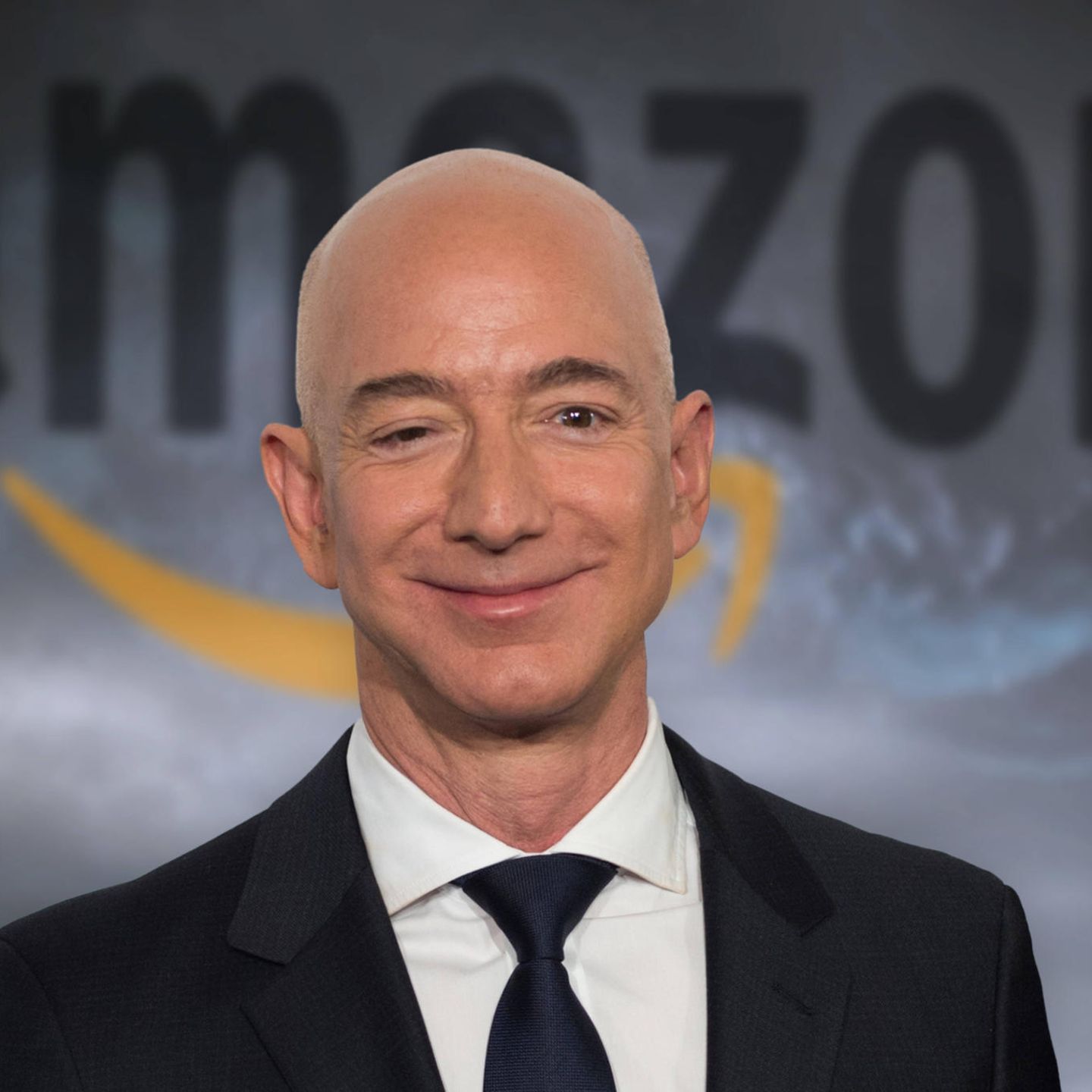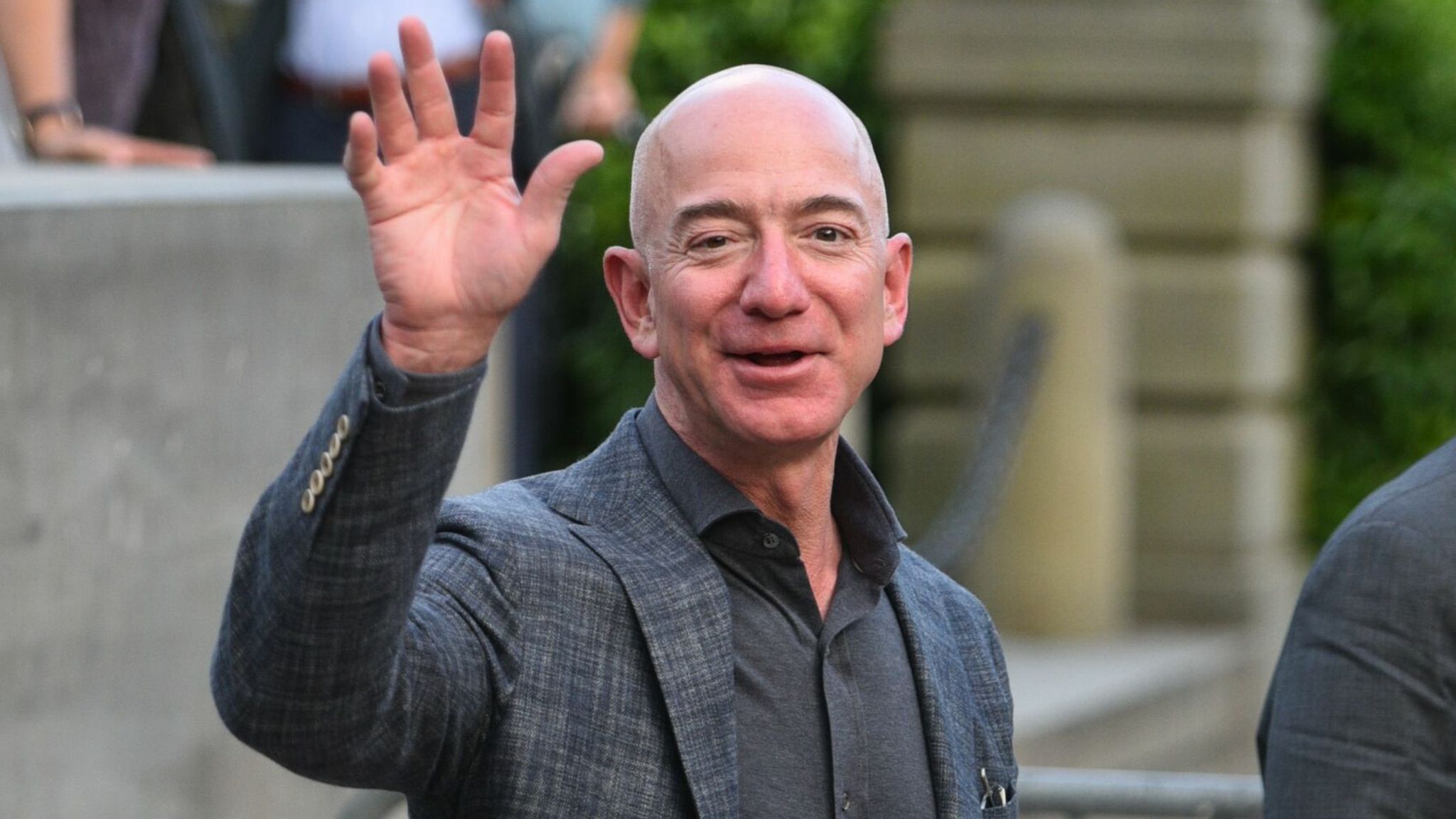Jeff Garlin - Exploring Recent Public Discussions
Table of Contents
- The Public Eye and Jeff Garlin's Career Shift
- What Led to the Change for Jeff Garlin?
- How Does Communication Play a Part, According to Jeff Garlin?
- Looking at Behavior and Accountability in Entertainment
- Is There a Broader Conversation Around On-Set Conduct and Jeff Garlin's Situation?
- A Glimpse at Jeff Garlin's Public Interactions
- What Does This Mean for Public Figures Like Jeff Garlin?
- Jeff Garlin - A Personal Sketch
Recent reports have brought to light changes concerning a well-known personality in the entertainment world, with Jeff Garlin stepping away from a popular television program. This move follows some internal investigations into what was described as certain kinds of conduct on the set of his show, sparking discussions about workplace environments and how people interact when creating entertainment for a wide audience. It’s a topic that really gets people thinking about what happens behind the scenes in the making of our favorite shows, and what sorts of expectations are placed upon those who bring these stories to life.
The news about Jeff Garlin and his departure from a long-running sitcom has, you know, certainly captured the attention of many who follow the happenings in television. It appears this change came about after some internal inquiries looked into reports of specific interactions and actions during production. This kind of development often makes people wonder about the ways workplaces are managed, especially in high-profile settings where many individuals come together to create something for public consumption. It is, in a way, a reflection of ongoing conversations about appropriate behavior and the well-being of everyone involved in a creative endeavor.
So, the situation involving Jeff Garlin brings up bigger points about how people are expected to act in professional settings, particularly when those settings are under a magnifying glass, like a television set. There’s a lot of talk these days about making sure everyone feels comfortable and respected where they work, and incidents like this, more or less, highlight those ongoing efforts. It’s a reminder that even in the glitzy world of entertainment, the same principles of mutual respect and clear communication are just as important as they would be anywhere else, really.
The Public Eye and Jeff Garlin's Career Shift
A notable figure in comedy and television, Jeff Garlin, has, you know, recently made headlines for his exit from a widely watched program, a sitcom that had enjoyed a long run on a major network. This departure, as communicated in various reports, signifies a significant change in his professional journey, particularly concerning his presence on a show that many people had come to associate him with. It’s a moment that draws attention to the often-public nature of careers in entertainment, where shifts in roles or appearances can become subjects of broad discussion. People often become quite attached to the characters and performers they see regularly on their screens, so any change, naturally, sparks curiosity and conversation among viewers and those who follow entertainment news. The stepping away from a show like this, for an actor of his recognition, is certainly a point of interest for many, as it marks a turning point in his ongoing work in the industry.
The decision for Jeff Garlin to leave the popular series, which had been a staple for many households, was not, it seems, a simple one, but rather the outcome of certain processes that took place behind the scenes. When a performer, particularly one who has been a part of a successful project for a considerable duration, separates from such a role, it tends to generate a good deal of chatter among the audience and those who observe the television industry. This kind of news, quite often, prompts individuals to consider the various factors that might lead to such a significant alteration in a well-established professional arrangement. It’s a situation that, in some respects, casts a light on the dynamic and sometimes unpredictable path that a career in public performance can take, and how these changes are often observed by a wide array of interested parties, almost immediately.
What Led to the Change for Jeff Garlin?
Reports suggest that the shift in Jeff Garlin’s professional arrangement with the television program came about following a formal inquiry conducted by the human resources department. This investigation, as conveyed through various accounts, focused on allegations of what was described as “inappropriate verbal and physical conduct” that occurred during the production of the show. When such an internal review takes place within a workplace, it is, basically, aimed at looking into specific claims of behavior that might not align with established guidelines or expectations for professional interactions. The very nature of these kinds of inquiries points to a serious effort to address concerns raised by individuals within the working environment, ensuring that everyone involved feels secure and respected. It highlights the structured approach organizations often take when faced with reports of conduct that could potentially create an uncomfortable or unwelcome atmosphere for others on set, or, you know, anywhere else people work together.
The specifics of what constitutes “inappropriate verbal and physical conduct” in a workplace setting can, of course, cover a wide spectrum of actions and words. Verbal conduct might involve the way someone speaks, the kinds of jokes they tell, or comments that are made which could be perceived as offensive or demeaning by others. Physical conduct, similarly, could relate to actions involving personal space, unwelcome touching, or other forms of physical interaction that are not consensual or are deemed unsuitable for a professional environment. In the case of Jeff Garlin, the investigation was initiated to examine reports concerning these types of interactions on the set of the show, underscoring the importance that organizations place on maintaining a respectful and safe space for all team members. It’s a process that, you know, typically involves gathering information from various sources to gain a full picture of the reported incidents and to determine what steps might be needed to address them effectively, for everyone involved.
How Does Communication Play a Part, According to Jeff Garlin?
In response to some of the discussions surrounding his actions, Jeff Garlin conveyed a particular viewpoint regarding communication among colleagues. He expressed that if his fellow cast members had felt uncomfortable with physical greetings, such as embraces, they should have directly communicated their feelings to him. This statement, in a way, brings up the broader subject of open dialogue and personal boundaries within a working group. It suggests a belief that clear, direct communication is a key element in managing interpersonal relationships, especially when it comes to personal space and comfort levels. The idea is that if an individual has a preference or a boundary, making that known to others can prevent misunderstandings or discomfort from arising, which is, you know, a pretty common thought in many social situations.
This perspective, put forward by Jeff Garlin, emphasizes the responsibility of individuals to articulate their personal limits when interacting with others in a professional context. It highlights a common sentiment that if someone experiences unease with a particular form of interaction, making that discomfort known is a way to resolve the situation before it escalates. The implication is that without such direct feedback, a person might not be aware that their actions are causing distress to another. This kind of thinking, you know, really underlines the importance of a culture where people feel empowered to speak up about their comfort levels, and where others are receptive to receiving such feedback, fostering a more considerate and respectful atmosphere for everyone present. It’s about creating a space where individual preferences are understood and honored, which is, frankly, something we all want.
Looking at Behavior and Accountability in Entertainment
The situation involving Jeff Garlin has, in some respects, been mentioned within a broader conversation about conduct and responsibility within the entertainment industry. There are ongoing discussions about how certain behaviors are addressed, or perhaps, in some instances, not adequately addressed, among prominent figures. This includes mentions of a general "list of excuses" that some observers feel are often made for various individuals in Hollywood when issues of inappropriate conduct surface. When a personality like Jeff Garlin is named in such discussions, it tends to connect his specific circumstances to a larger pattern that some people perceive within the industry. It’s a way of looking at how the actions of well-known individuals are viewed by the public and by those within the industry itself, and how those actions are, more or less, handled over time.
This broader discussion often touches upon the idea of "enabling bad behavior," suggesting that sometimes, the structures or cultures within certain parts of the entertainment world might inadvertently allow or even encourage certain forms of conduct to continue without proper challenge. When names such as Bill Murray, Ezra Miller, and Jared Leto are brought up alongside Jeff Garlin in these conversations, it points to a collective concern about how the actions of those in positions of influence are managed and held to account. It’s a conversation that, you know, really asks questions about whether the industry adequately protects its workers and fosters environments where everyone feels safe and respected. This kind of discourse often reflects a desire for greater transparency and more consistent consequences when reports of unsuitable conduct come to light, which is, basically, a sentiment shared by many who care about fair treatment in workplaces everywhere.
Is There a Broader Conversation Around On-Set Conduct and Jeff Garlin's Situation?
The reports concerning Jeff Garlin’s departure from his show, particularly those detailing an internal review of his actions, certainly contribute to a wider public dialogue about appropriate conduct in professional settings, especially those as visible as a television production. This kind of event prompts people to consider the expectations placed upon individuals working in creative fields, where personal interactions can sometimes be quite close and frequent. It brings to the forefront questions about what constitutes a healthy and respectful work environment, and how organizations are supposed to respond when concerns about behavior are raised. The fact that an HR investigation was conducted points to a formal process being activated to address the reported issues, which is, you know, a standard procedure in many companies aiming to uphold certain workplace standards.
Moreover, the discussion around on-set conduct extends beyond individual incidents to encompass the overall culture of a production. It’s about ensuring that every person involved, from the lead actors to the crew members, feels secure and valued, without experiencing any form of verbal or physical discomfort. When situations like the one involving Jeff Garlin become public, they often serve as reminders of the ongoing need for clear policies and effective mechanisms for reporting and addressing concerns. It’s a reflection of a growing awareness that even in highly creative and collaborative spaces, professional boundaries and mutual respect are, truly, non-negotiable elements for a thriving and ethical workplace. This continuous conversation, in a way, shapes the future expectations for how people interact when making entertainment for a global audience.
A Glimpse at Jeff Garlin's Public Interactions
Beyond the discussions surrounding his departure from the sitcom, Jeff Garlin has also been noted for his interactions in other public forums. For instance, there was a reported instance where the actor conveyed a particular message to Ari Melber, suggesting that he should "curb his enthusiasm" when it came to using rap lyrics in conversation. This brief exchange, which was reported in October 2020, offers a small window into Jeff Garlin's public persona and his approach to media appearances. It shows, in some respects, a directness in his communication style, where he is willing to express his thoughts on how others present themselves or engage in dialogue. Such moments, you know, often provide insights into the personalities of public figures, beyond their scripted roles.
The phrase "curb his enthusiasm" itself, famously associated with a popular television program, might have been used playfully, or it could have been a more pointed remark, depending on the context of the full conversation. Regardless,

Jeff Bezos : Su biografía - SensaCine.com.mx

Jeff Bezos becomes first person ever to worth $200 billion - Maven Buzz

Jeff Bezos steps down as Amazon CEO today - but how much power is he